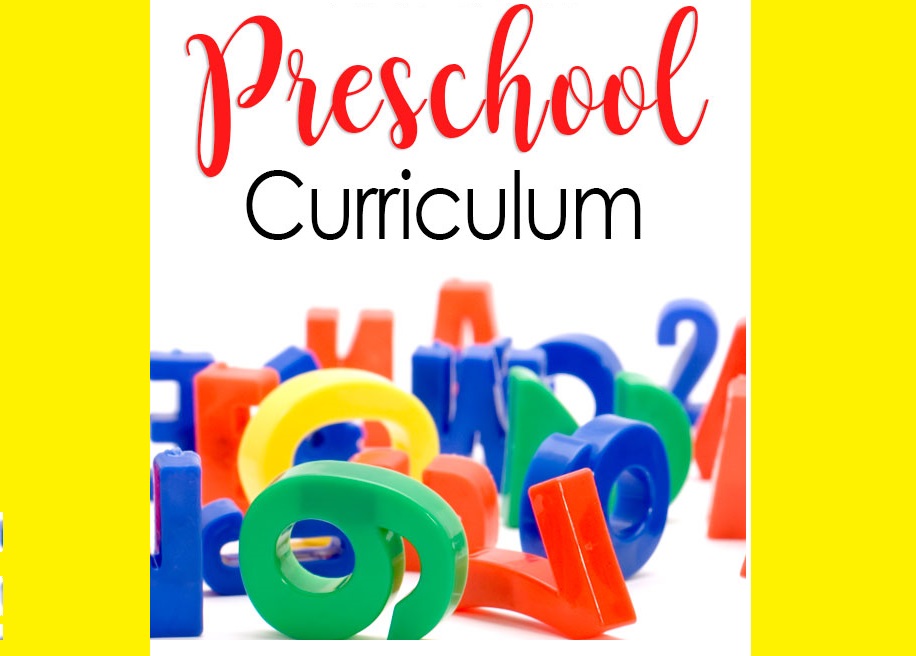Venturing into the world of preschools these days can seem like a challenging task. With are so many brands, methods and curricula out there, how do parents make an informed choice?
Choosing the right preschool curriculum takes a lot of time and you need to do a lot of research in terms of the types of curriculums.
When it comes to preschool curriculum, a well-rounded curriculum that includes both academic and art-based activities, outdoor and indoor areas, a language-rich environment and inspirational educators will make all the difference.
So, we have come up with a list of preschool curriculum that you can consider and select what’s most suitable for your preschool!
TYPES OF PRESCHOOL CURRICULUM & PROGRAMS:
1. MONTESSORI APPROACH
This type of curriculum was developed by pediatrician/psychiatrist Maria Montessori in the slums of Roma in the early 1900s. A Montessori school helps children to gain independence, discipline and everyday life skills.
Dr. Montessori was conducting a research which focused on low-income children with learning disabilities to help them develop real-life skills. From this research, the Montessori preschool type/approach emerged.
So, the idea of Montessori is that children are individual learners with teachers as their mentors that guide through this process of learning.
2. WALDORF APPROACH
Waldorf is another approach with regard to the types of curriculum which was brought out by Rudolf Steiner, who was the founder of the first Waldorf School at the Waldorf Astoria cigarette factory in Stuttgart, Germany, in 1919. According to him, a person is made up of three aspects – spirit, soul, and body. Waldorf is a type of preschool curriculum that gives importance to getting children involved in practical activities.
3. REGGIO EMILIA APPROACH
The Reggio Emilia schools are based on the highly successful preschools developed by the townspeople of Reggio Emilia, Italy during the 1940’s. The Reggio Emilia approach is all project-based. So a Reggio Emilia classroom focuses on using the four senses to learn. The teacher is more of a facilitator that guides the students and helps them in getting the answers to their questions.
4. PLAY-BASED OR DEVELOPMENTALLY APPROPRIATE
Play-based or developmentally appropriate preschool is another type of preschool curriculum approach which is fairly common. The primary principle is to promote participation in age-appropriate activities, such as unstructured hands-on play, group story time and themed activities. Most popular curriculum in India is Montessori. But bigger preschools have developed their own curriculum with the help of experts taking the best from all the different preschool curriculum philosophies.
Ipsaa’s curriculum is planned keeping the age wise requirement. Monthly Topics or themes are woven in a prepared plan by the caregiver. Routines, time slots for various activities are planned and put into action. The level keeps increasing with the age group and also at times with individual needs. The main guideline include skills or competencies in five major areas:- Language Development / Cognitive Development / Physical Development / Social and Emotional Development / Aesthetic and Cultural Development. Dr. Jyotsna Tandon a B.H.M.S, graduate and a Homeopathic doctor with over 18 years of experience with a special emphasis on child psychology, health and parent counseling heads the Curriculum at Ipsaa.
Safari Kid has combined best practices from classical approaches like Montessori and Reggio Emilia with insights from newer research into early brain development and has adopted for a Project Based Learning approach. Their early childhood education approach and assessment framework is based on, among other things, Dr. Howard Gardner’s theory of Multiple Intelligences, the British Early Years Foundation Stage and their own research. Their preschool program is based not on the age of the child, but at their pace of learning in different areas. Thasin Rahim is the Chief Academic Officer taking care of training and school design. She has 15 years of experience and has worked in different schools all around the world.
Mindseed follows 1child = 1 curriculum approach. They are of the belief that the purpose of learning in the foundation years is to develop mastery in crucial skills such as reading, logic, concentration and perseverance that are essential for success. Keeping this in mind, at Mindseed focus is on 4 skill areas that encompass all of a child’s development. Aparna Chaudhary is the academic head.
At Klay Prep Schools and Daycare, crafted by experts in the field of early years education, the program draws from the Theory of Multiple Intelligences proposed by Dr. Howard Gardner of Harvard University. Trained educators create personalized learning experiences designed to encourage a positive self-image while celebrating each child’s unique personality, intelligence and creativity.

